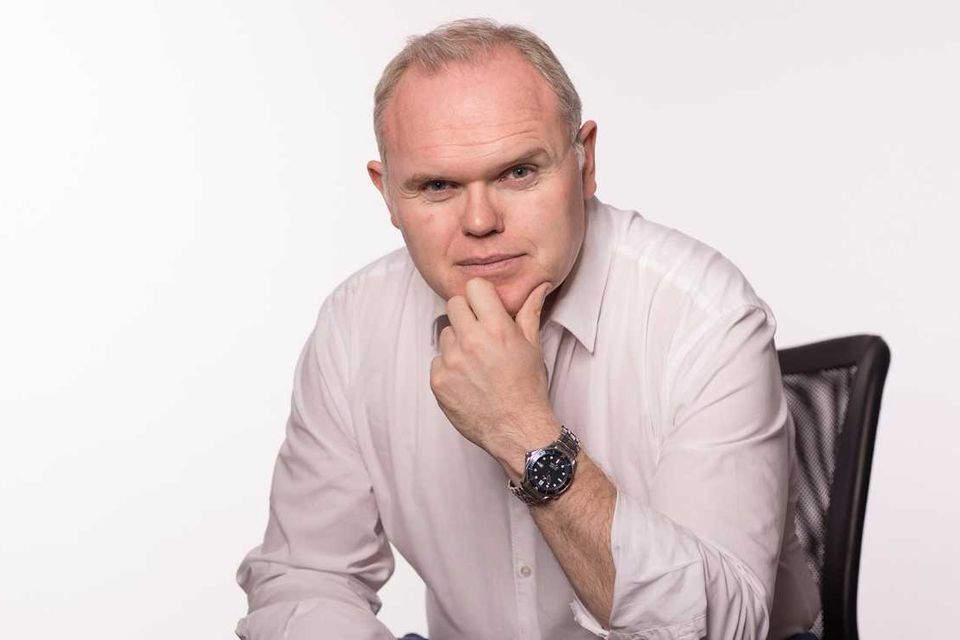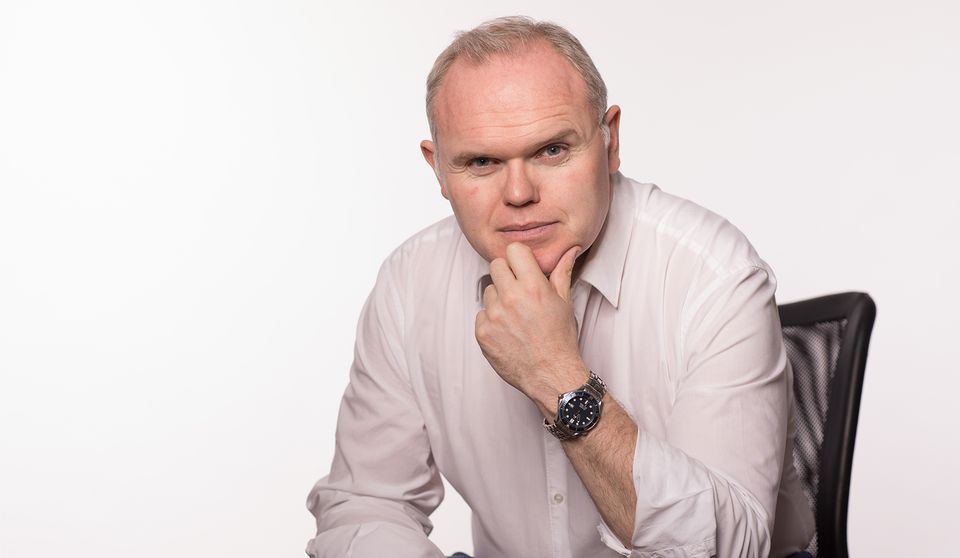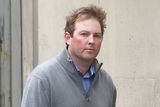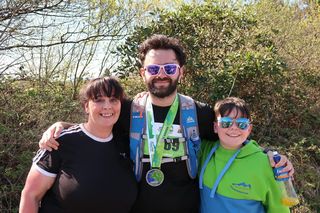'Waffles, flying and seaweed' - the bizarre phobias that drive people to seek hypnosis
Jason O'Callaghan
An Irish hypnotist has revealed some of the bizarre phobias he has been asked to treat, as part of a unique wave of therapy dubbed “the new mindfulness.”
Jason O'Sullivan claims to be Ireland’s only hypnotist who can perform “clinical hypnosis”, as well as on-stage hypnosis for entertainment.
Operating out of the D4 Clinic in Blackrock, he specialises in entering the minds of his clients and altering their way of thinking.
While Mr O’Callaghan regularly meets with clients looking to lose weight or stop smoking, some of his clients’ requests have been less than commonplace.
Hypnotist Jason O'Callaghan
A trained psychologist and hypnotist, he has worked with a number of people with intense food phobias over the years, most recently a man who ate nothing but spaghetti hoops for dinner over the course of 30 years.
Mark O’Connor (34) stopped eating most foods when he was five years-old, after an operation forced him to be fed through a tube for months. He developed an intense fear of other foods and ate just a tin of spaghetti hoops every night for dinner.
Following Mr O’Callaghan’s intervention, he reported he was able to eat a roast beef dinner for the first time.
Mr O’Callaghan described Mr O’Connor’s phobia as a “selective eating disorder”, where sufferers do not think they can swallow other types of food and suffer from a gag reflex if they attempt to.
After one session, Mr O’Connor was cured of the disorder and able to eat normally. Mr O'Callaghan said his method was to 'give his client the confidence to eat, through the power of suggestion'.
He told Independent.ie: “It’s not real, that’s the thing. The issue they have isn’t a real issue. It’s not like a broken arm or schizophrenia. It’s completely in the mind and all we’re doing is giving them the confidence to know that if they eat this, nothing is going to happen to them.”
Mr O’Callaghan had also previously hypnotised Mr O’Connor’s cousin, who was suffering from an addiction to potato waffles. Alison McGregor (23) was unable to eat anything except potato-based foods, such as crisps and chips, claiming that any other foods made her feel physically ill.
Having been warned that her restrictive diet could leave her infertile, she approached Mr O'Callaghan for treatment. Like her cousin, she was also able to move passed her phobia.
Mr O’Callaghan said that people suffering from food phobias generally restrict themselves to “dry, safe food with no texture".
He argues that such phobias are not all they seem at face value and generally have a much deeper cause and meaning.
This was the case with a young woman who came to Mr O’Callaghan for help overcoming a fear of the dark.
The woman, who was in her late twenties, refused to spend time alone at night and if forced to, would sleep with the lights on.
Mr O’Callaghan found that the issue had deep family roots.
He said: “She hadn’t got a fear of the darkness, she had a fear of being left on her own. When we looked at it from a psychology point of view, we found that her father was abusive and at night time he would come home after drinking.
“And that’s what the fear was, not a fear of the darkness, but a fear of being the daughter of an alcoholic.”
“So when you look into it from a psychological point of view, the fear of the darkness was a learned response to night time and the stress of her father coming home.”
Mr O’Callaghan has also helped clients overcome fears of flying, dogs, falling and even seaweed. While the scope of each case is often entirely different, he maintains that most clients are suffering from the same restrictive mindset.
He said: “Once you talk to all these people, no matter who they are, if you talk to them for five minutes they all say the same thing, often that something happened to them in childhood.
“They’ve basically learned to behave like this because of the stressor. And the stressor might be bullying, it might be death in the family, it might be loss of control somewhere.”
Mr O’Callaghan likened the mindset to that of a baby elephant being trained by a handler.
“Imagine a baby elephant. When you have a baby elephant you tie it to a tree trunk. It tries to pull away but it can’t because it’s tied to the tree trunk. As the baby elephant gets bigger and bigger, the handler will stick a twig in the ground and the elephant won’t run away because the elephant doesn’t realise it’s gotten bigger, so it gives up. And that’s what happens to these people.
“They don’t realise that when they’re three or four and someone makes them do something or they have no control because they’re so small. So they avoid it. And the avoidance in a phobia means it gets bigger and bigger until it becomes who you are.”
“When you get under hypnosis you go into the hard-drive of the mind and tell them ‘you’re not a child anymore.’ You’ve grown, like the elephant, and you can walk away any time you want to. “
He said that while hypnotism has experienced a revival in recent years, it has been around for centuries.
Hypnotism is becoming increasingly popular as an aid to medical procedures, with “hypno-births” and “hypno-surgeries” becoming more frequent worldwide
Join the Irish Independent WhatsApp channel
Stay up to date with all the latest news
















